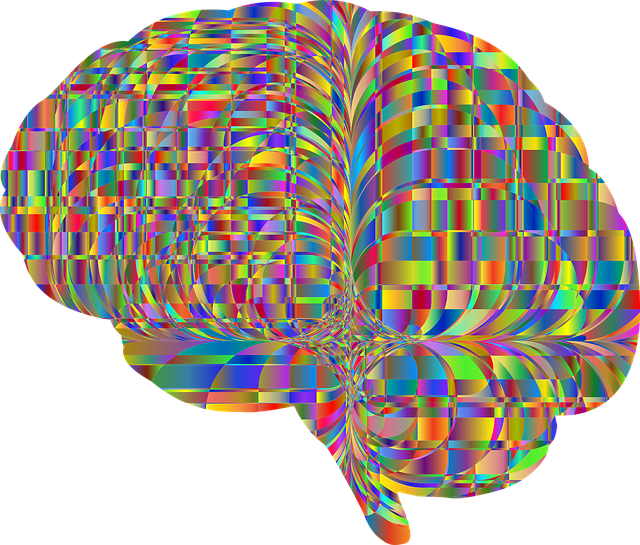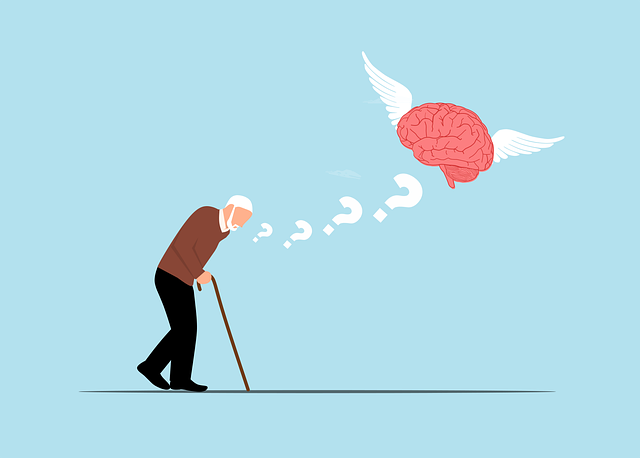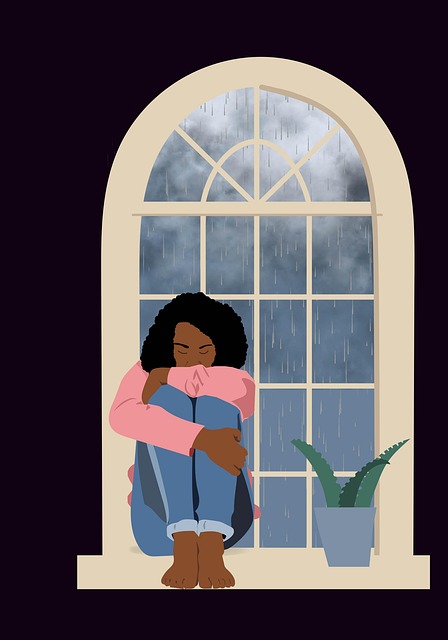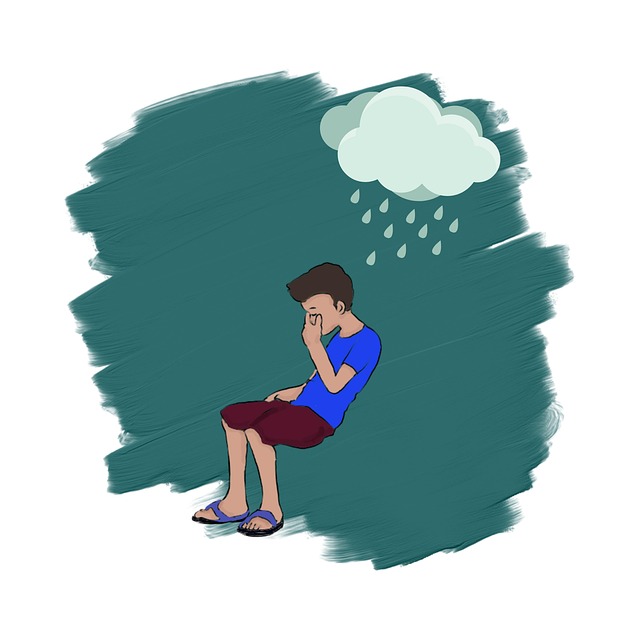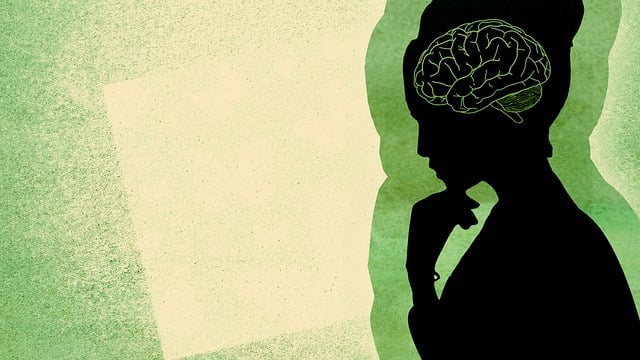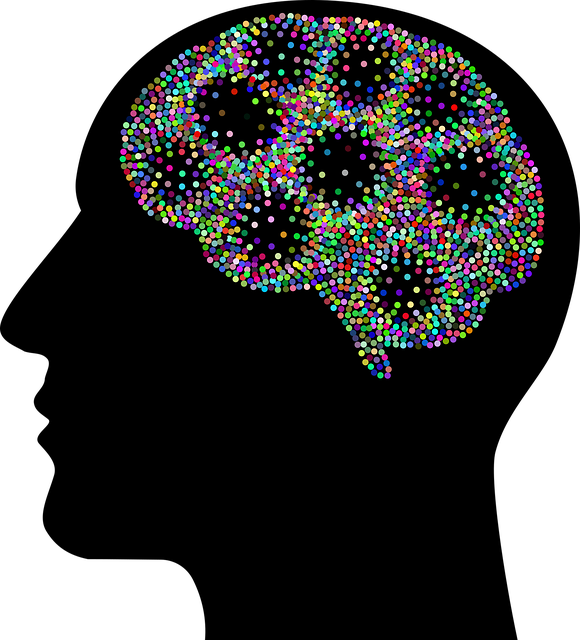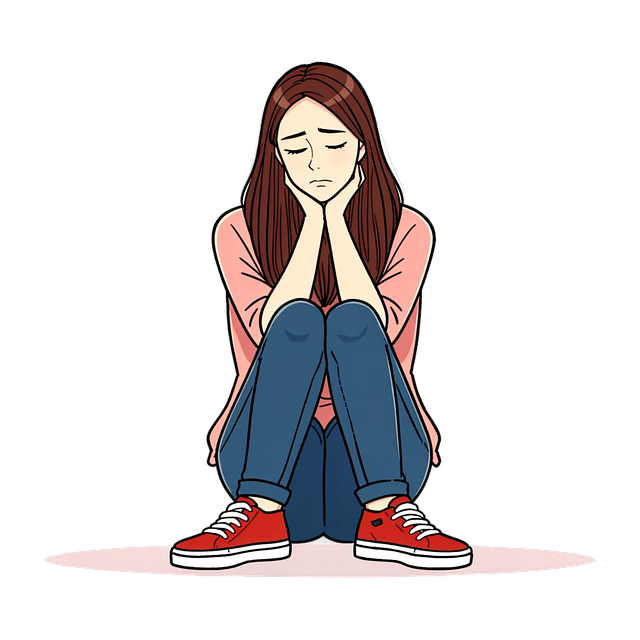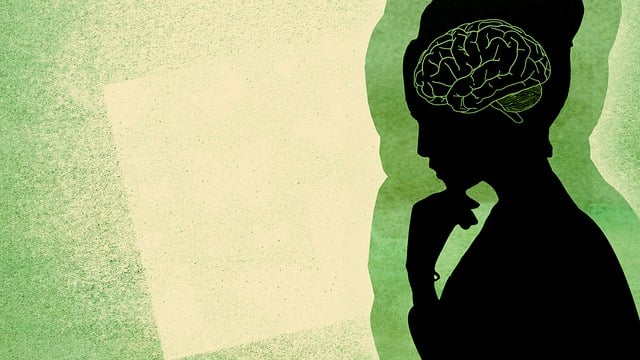Aurora Obsessive Compulsive Disorder (OCD) therapy focuses on challenging intrusive thoughts and repetitive behaviors through cognitive-behavioral therapy (CBT), exposure and response prevention (ERP), and cultural sensitivity. Effective coping skills, developed through therapy and integrated into daily life, reduce anxiety, stress, and OCD symptoms. Trauma support services address past traumas contributing to OCD. For optimal Aurora OCD therapy, combine CBT exercises, ERP techniques, and consider medication when needed.
Coping skills development is an essential aspect of managing Aurora Obsessive Compulsive Disorder (OCD). This article guides you through understanding OCD, a mental health condition characterized by intrusive thoughts and repetitive behaviors. We delve into building effective coping skills tailored for OCD therapy, focusing on strategies to integrate these practices into daily life. By the end, you’ll be equipped with tools to navigate and overcome OCD challenges, enhancing your overall well-being. Explore our comprehensive approach to Aurora OCD therapy here.
- Understanding Aurora Obsessive Compulsive Disorder (OCD)
- Building Effective Coping Skills
- Integrating Coping Strategies into Daily Life
Understanding Aurora Obsessive Compulsive Disorder (OCD)

Aurora Obsessive Compulsive Disorder (OCD) is a mental health condition characterized by intrusive thoughts and repetitive behaviors that individuals feel compelled to perform. This disorder can significantly impact daily life, affecting various aspects from personal relationships to work and leisure activities. Aurora OCD therapy focuses on challenging these compulsions and the underlying anxiety they serve to create.
Effective treatment strategies for Aurora OCD often involve a combination of cognitive-behavioral therapy (CBT), exposure and response prevention (ERP), and sometimes medication. CBT equips individuals with self-awareness exercises to recognize and challenge unhelpful thought patterns, while ERP gradually exposes patients to their fears, helping them learn healthy coping skills for managing anxiety without resorting to compulsive behaviors. Cultural sensitivity in mental healthcare practice is also crucial, as it ensures that treatment approaches are tailored to the unique needs and beliefs of individuals from diverse backgrounds.
Building Effective Coping Skills

Developing effective coping skills is a crucial aspect of managing mental health conditions like Aurora Obsessive Compulsive Disorder (OCD) therapy. The process involves learning to recognize and regulate emotions, which can significantly reduce anxiety and stress. Through various therapeutic techniques, individuals can enhance their emotional regulation abilities, enabling them to respond adaptively to challenging situations. This is particularly beneficial in breaking the cycle of OCD behaviors.
Mental illness stigma reduction efforts play a significant role in fostering self-acceptance and healthy coping strategies. By understanding that everyone faces unique challenges, individuals with OCD can build resilience and boost confidence in their ability to manage symptoms. Effective coping skills not only help in the moment but also empower people to lead fulfilling lives, free from the constraints of their mental illness.
Integrating Coping Strategies into Daily Life

Integrating coping strategies into daily life is a key step in managing conditions like Aurora Obsessive Compulsive Disorder (OCD). Effective therapy goes beyond mere understanding; it equips individuals with practical tools to navigate challenges. Mental health professionals often incorporate various stress reduction methods tailored to each patient’s unique needs. These techniques might include mindfulness exercises, cognitive behavioral therapies, or exposure and response prevention strategies, all designed to help individuals confront and manage intrusive thoughts and behaviors.
Regular practice is essential for these coping skills to become second nature. By weaving them into daily routines, individuals can enhance their resilience and emotional well-being. Trauma support services also play a vital role in this process, offering resources for those dealing with past traumas that might contribute to OCD symptoms. Moreover, mental health professionals must undergo rigorous risk assessments to ensure they are equipped to handle complex cases, thereby providing the best possible care for their clients.
Aurora Obsessive Compulsive Disorder (OCD) can significantly impact daily life, but developing effective coping skills through therapy is a powerful tool for management. By integrating strategies such as cognitive-behavioral therapy and mindfulness practices into daily routines, individuals can learn to navigate and overcome OCD symptoms. These coping skills enable a greater sense of control, reducing anxiety and improving overall well-being. With consistent practice and support, those affected by Aurora OCD can lead fulfilling lives while effectively managing their disorder.
